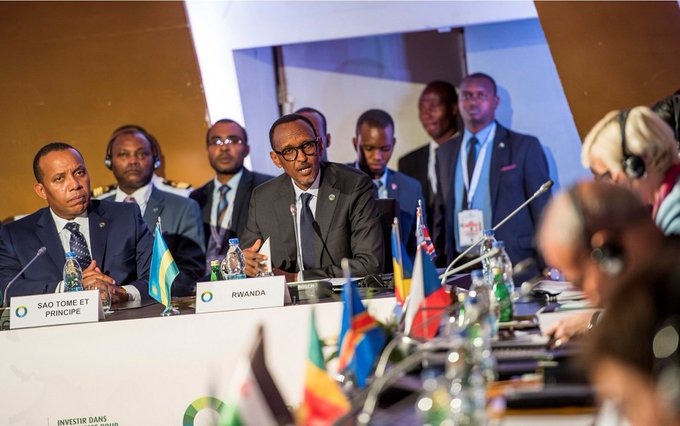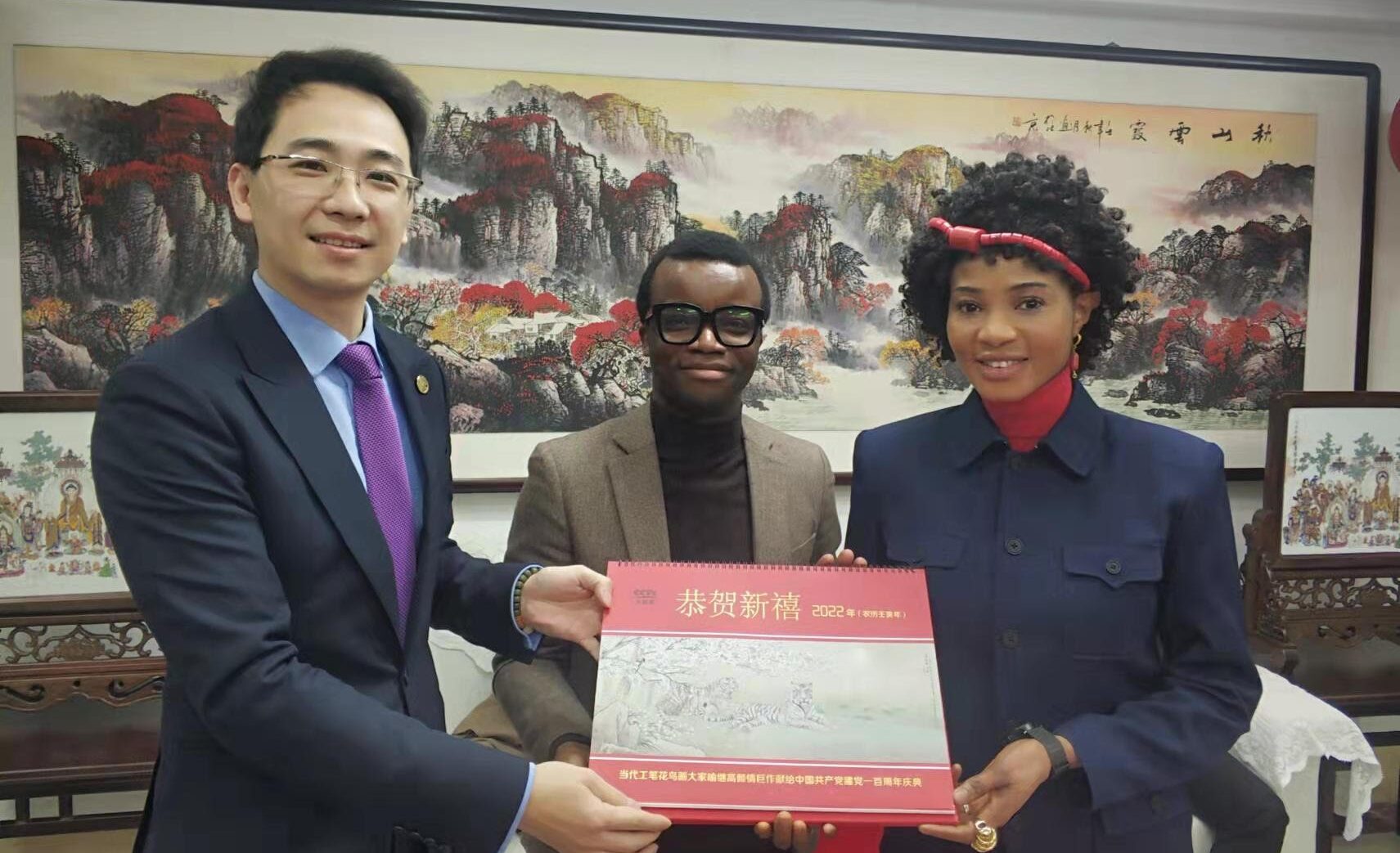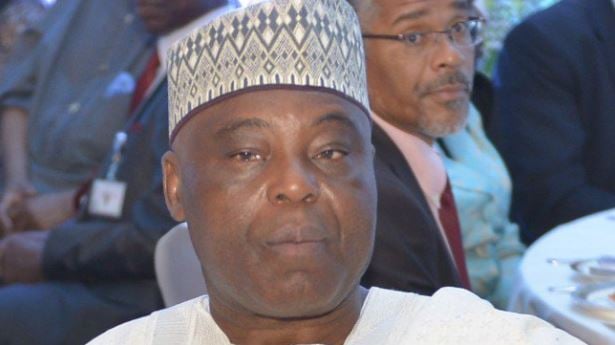‘They’re too selfish’ — ASUU’s planned strike over IPPIS provokes outrage
BY TOPE TEMOKUN
In my article titled ‘ASUU: What is the interest of the nation’, published in the Guardian Newspaper of Sunday, August 19, 2013, written in response to one Doctor Olusanya, in his piece, entitled: ‘ASUU: Beyond Aluta Continua’, published Tuesday, September 22, 2009, in the opinion page of the Guardian newspaper, I have reviewed this topic of ASUU-federal government faceoff and even today my position still remains the same, because the crisis has not changed both in form and in content. It is just a simple crisis of acute shortage of honour or total lack of honour in the system.
The starting point to address this issue is to ask what are the specific demands of ASUU before commencing this strike. ASUU has demanded and has done for decades now that the universities be given autonomy. By autonomy, ASUU asks the government to let the universities generate regulatory policies, internally, to deal with particular peculiar and specific problems confronting each university. The government retorts, saying, if we give you autonomy, then we will also give you financial autonomy meaning that each university will be left alone, that is, abandoned to generate funds internally for its sustenance.
The government has not specified how the universities will generate multi-millions needed to keep the university going. ASUU has demanded, among other things, for wage uplift befitting of their efforts and patriotic services but there still exists in this land some Nigerians who believe that even if a professor, considered to have climbed to the pinnacle of a career in academia, earns less than half a million as a monthly wage which is less than half a local government councilor’s monthly take-home and a graduate assistant earns less than N100,000 equivalent, or far less in some cases, when compared to the take-home of an illiterate political errand boy in the name of PA to a state parliamentarian yet those in this school of thought have posited that ASUU’s demands are unrealistic. Other demands such as the renegotiation of conditions of service, injection of revitalisation funds, payment of earned academic allowances, implementation of the University Transparency and Accountability Solution (UTAS) have all just become unrealistic. What is then realistic?
Advertisement
The question I want to ask anybody who belongs to this school of thought is which of ASUU’s demands is unrealistic? Is it their demand for better funding of the universities, which means voting sufficient funds into the universities to tackle its internal challenges, like fallen facilities and inadequacies of infrastructures for modern meaningful learning and abate incessant interruption caused by students’ and workers’ protest, so that Nigerian children can go to school and come back home with robust knowledge and refined outlook and not just with a paper certificate which merely certifies the emptiness of their return? Or is it be ASUU’s demand for autonomy that can afford each university, based on its own peculiar problems and challenges, to structure out internal policies to tame domestic problems?
Perhaps what is unrealistic is ASUU’s demand to have wages upgraded such that a professor can at least be placed on equivalent earning with a local government councilor or at least close? Or could it be that facilities such as new well-equipped expansive classrooms be built to replace the old crestfallen classrooms built in the 60s and 70s for 30 students which now take in 450 students where 70% of the learners have to either sit on each other’s laps or on the bare floor or sit out and jot through the windows? Or is it the simple demand of ASUU that the federal government should honour its agreement reached now and then with ASUU which the government had hissed and spat on after signing and has started flouting and abandoning before it is even signed because the government’s agenda year in year out is to keep ASUU silent and down; the reason for always signing agreements upon agreements which the governments knew they won’t honour which then has to make the lectures return to the trenches after a long endless waiting?
It is intellectually embarrassing, under a government, where the entire political class, in both the legislative and the executive arms of government, swim in greed, graft, and avarice, with scandalous salaries and allowances for this kind of noxious reasoning of calling simple public interest, demands that critical attention be given to our public education unrealistic and asking ASUU to explore other option than strike, to be coming from anybody who lays claim to passing through any form of school wall, be it kindergarten, nursery school, primary school, secondary school or any higher institution.
Advertisement
Some have prescribed, in learned circles, new consciousness and new styles for ASUU, without recommending new consciousness and new styles for the government. This is intellectually dubious and one-sidedly cowardly. Year after year, we are back there and this time what is it about: Nigerian lecturers have demanded full implementation of this or that agreement signed with the government and a memorandum of understanding they had with neither of the parties under duress with the successive governments of this country on various issues ranging from university autonomy to funding, and lecturers’ remuneration. The government has now said it wants a renegotiation as some parts of the agreements reached with the union were not implementable. What manner of a new consciousness, if I may ask, must ASUU then nurture to stand up squarely to an unserious and unfaithful government that won’t honour the agreement? I ask this question because it is necessary for us as citizens to be mentally faithful to ourselves, even in the face of personal moral crisis, because not being faithful to oneself will amount to intellectual infidelity, which consists not in believing, or in disbelieving, but in professing to believe that which one cannot, by all logical inference, reasonably believe in.
The minister of labour and employment, Chris Ngige, has said too that the strike is illegal because ASUU did not give the federal government the minimum 14 days strike notice prescribed by the law, prior to the strike. This is a reckless and careless statement from an unfair-minded public office holder that is not only shameless but it is as insensitive as it is provocative. The question that begs for an answer is whether the government gave ASUU any notice before unilaterally reneging on its agreement signed with ASUU? Why would notice suddenly take the place of good faith?
Why are we unblessed with a government that puts its hand on paper to deceitfully end lectures’ strike and dubiously come round later to say that the agreement it signed is not implementable and yet some people in this country will see nothing morally and publicly wrong about this but will wish ASUU be hanged for calling for more restoration of sanity and minimal moral standard to the system.
This battle to save the educational sector is not a battle between the ASUU and the government but a battle between the people and the government because a people whose knowledge industry is drained of life and existence is a people on the departure lounge to extinction. For those of us who think a strike is not the option and that it is old-fashioned and must be jettisoned when the government has not considered signing an agreement it would not honour as old-fashioned and has refused to jettison its deliberate deceit and insensitivity, it is slavery of the mind. To these citizens, Harriet Tubman said of them that: “I freed a thousand slaves I could have freed a thousand more if only they knew they were slaves”.
For ASUU, compatriots, it is once bitten, twice shy! Hopefully, the storm shall be over someday, if we don’t give up.
Advertisement
Temokun, a lawyer & human rights activist, writes from Lagos
Views expressed by contributors are strictly personal and not of TheCable.






